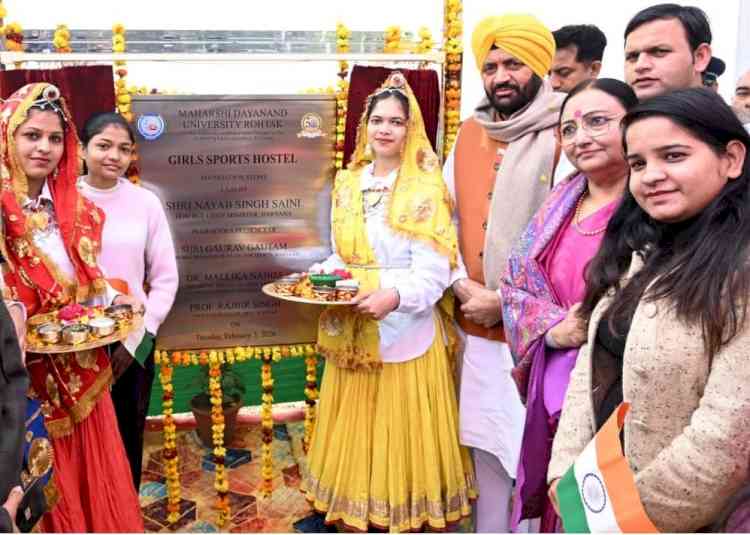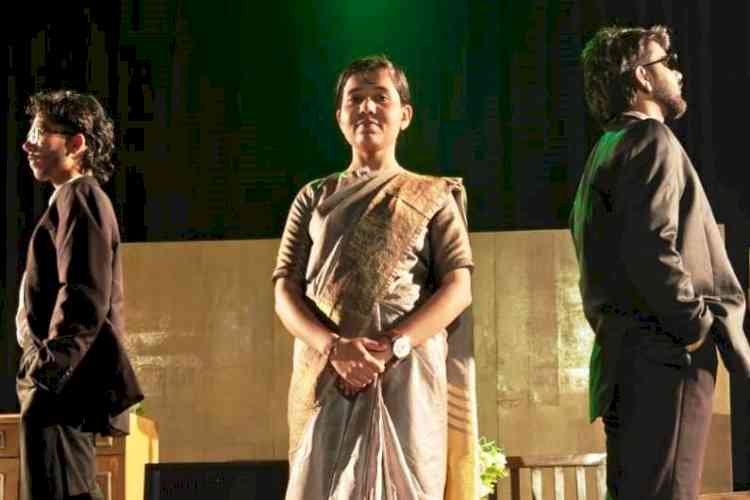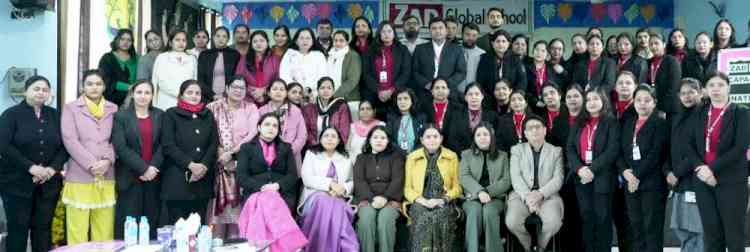Panjab University receives Rs. 81 lakh DST grant to turn farm waste into sustainable products
Panjab University has secured a Rs. 81 lakh research grant from the Department of Science and Technology (DST) to develop commercially scalable, eco-friendly composite panels made entirely from plant-based raw materials. The project seeks to replace petroleum-based binders with renewable, biodegradable alternatives—addressing both environmental pollution and fossil fuel dependence.

Chandigarh, August 12, 2025: Panjab University has secured a Rs. 81 lakh research grant from the Department of Science and Technology (DST) to develop commercially scalable, eco-friendly composite panels made entirely from plant-based raw materials. The project seeks to replace petroleum-based binders with renewable, biodegradable alternatives—addressing both environmental pollution and fossil fuel dependence.
PU Vice Chancellor Renu Vig has congratulated the research team and industry collaborators, calling the grant “a proud achievement that reinforces Panjab University’s leadership in green technology and its alignment with national and global sustainability goals.”
The project will be led by Dr. SSB University Institute of Chemical Engineering & Technology Chairperson Prof. Anupama Sharma, in collaboration with Sivalik Agro Products Pvt. Ltd., headed by Dr. G.D. Tyagi. Co-investigators Prof. Sonal Singhal and Dr. Mukta Sharma will contribute expertise from multiple disciplines to ensure the project’s success.
The research focuses on converting agricultural residues such as rice straw, rice husk, and common reed (Phragmites) into high-performance composite materials.
This innovation aims to curb stubble burning—responsible for severe air pollution and greenhouse gas emissions in northern India—while offering sustainable alternatives to plastics in industries like construction, packaging, automotive, and consumer goods.
A major outcome will be the creation of plant-based polyurethane via low-energy, low-emission processes, offering farmers new income opportunities and industries a sustainable raw material supply. Prof. Sharma noted the work bridges “sustainable material innovation and environmental responsibility” by addressing waste management and petroleum dependency simultaneously.



 City Air News
City Air News 










